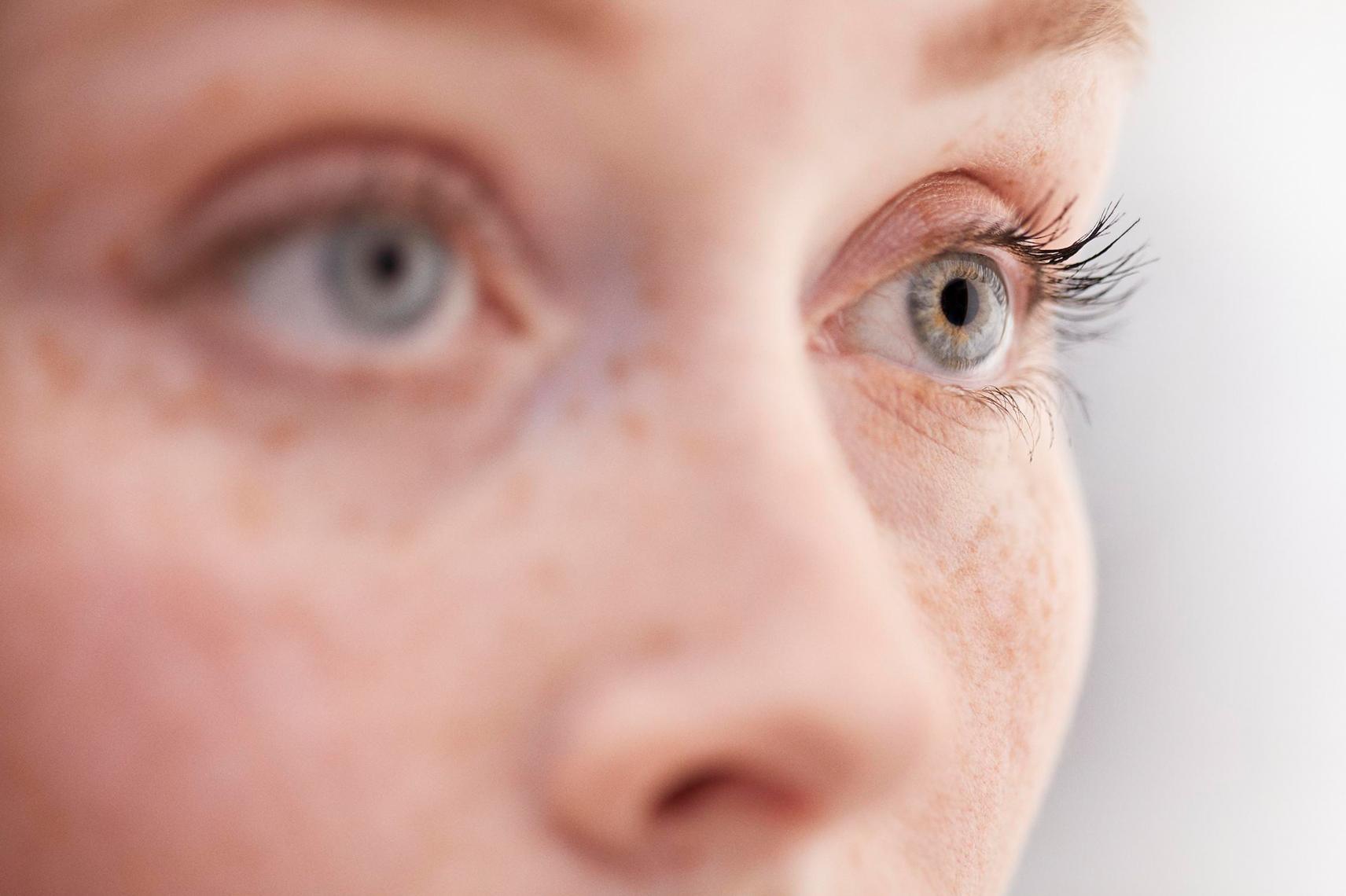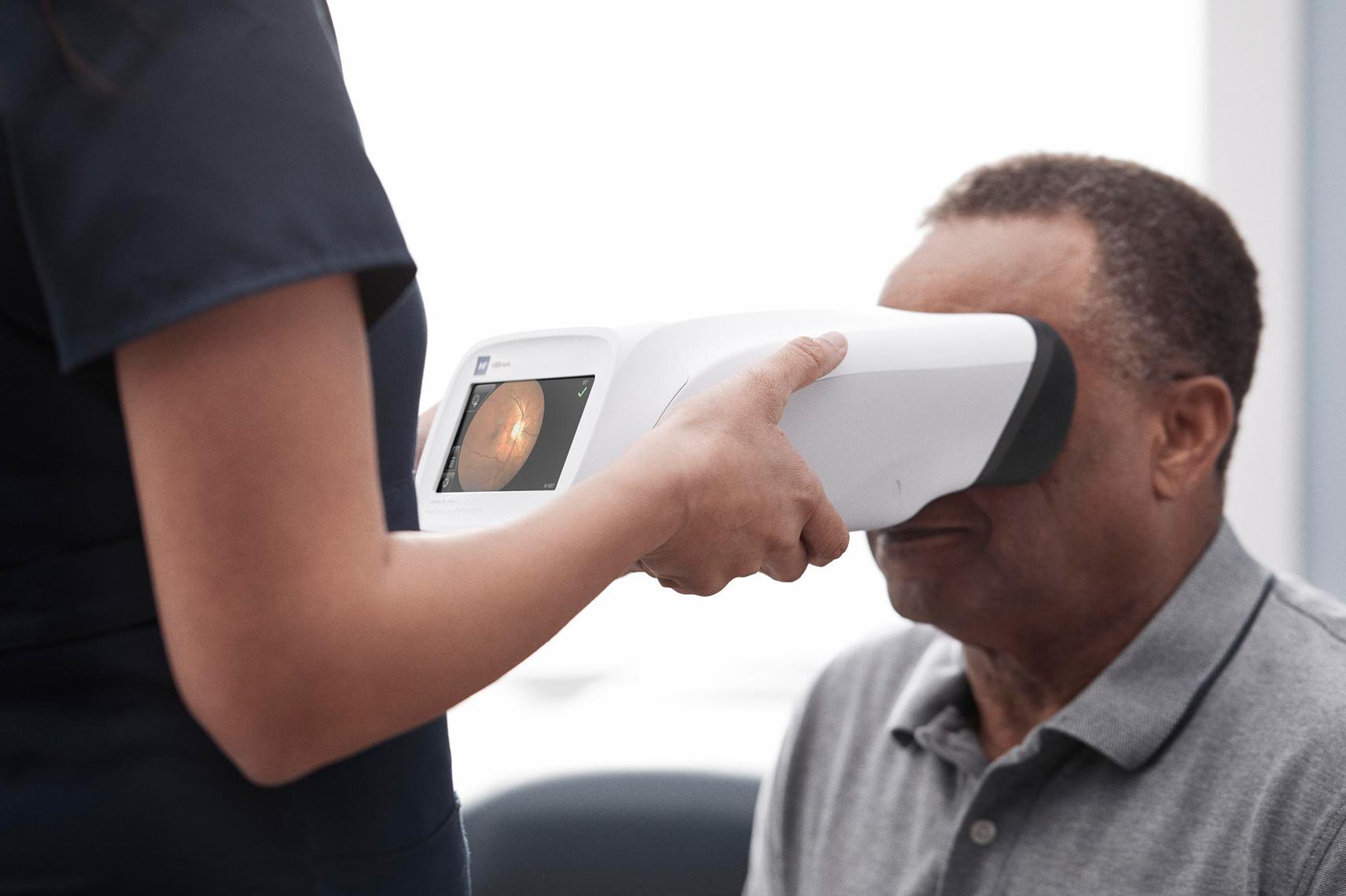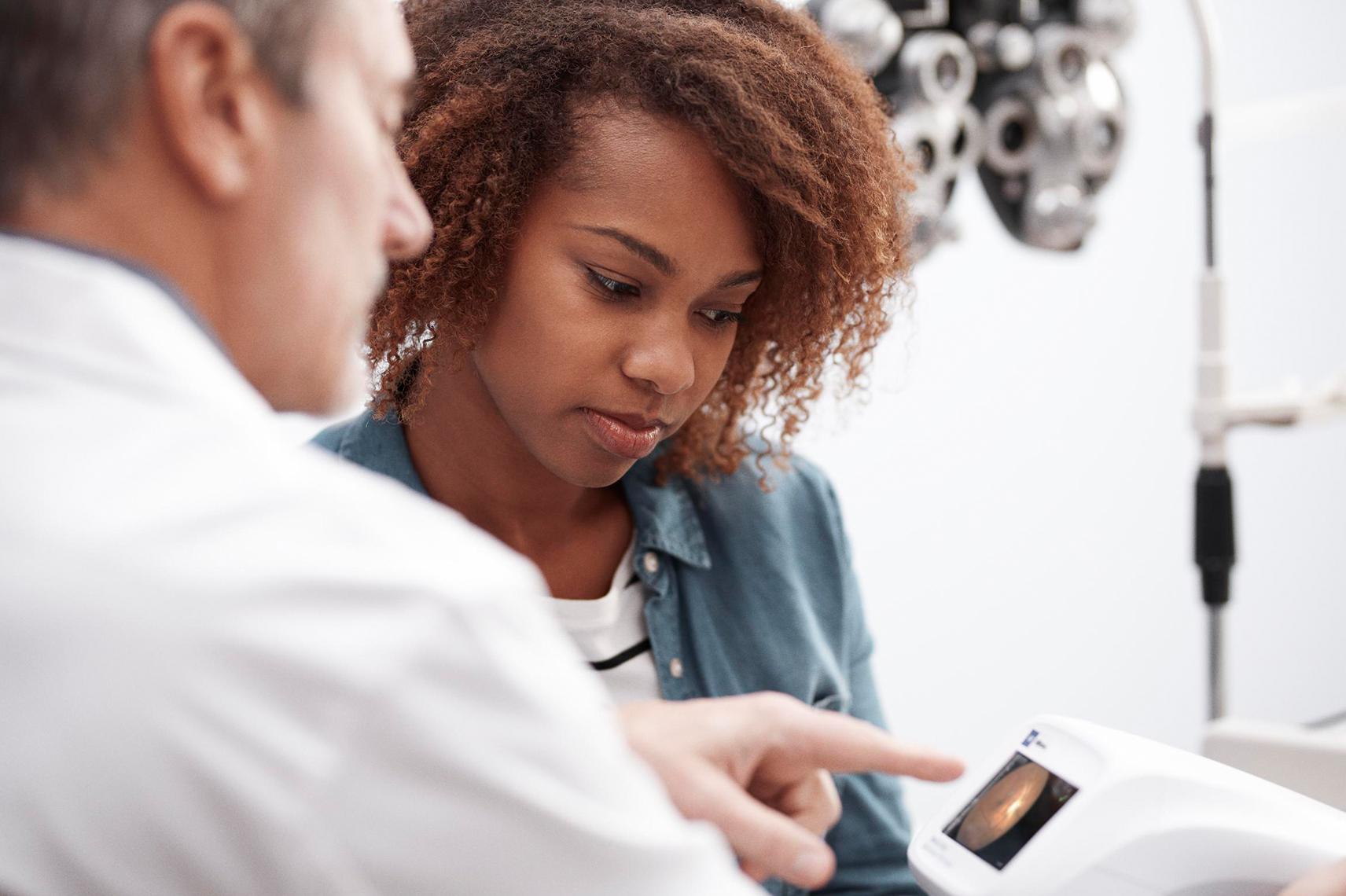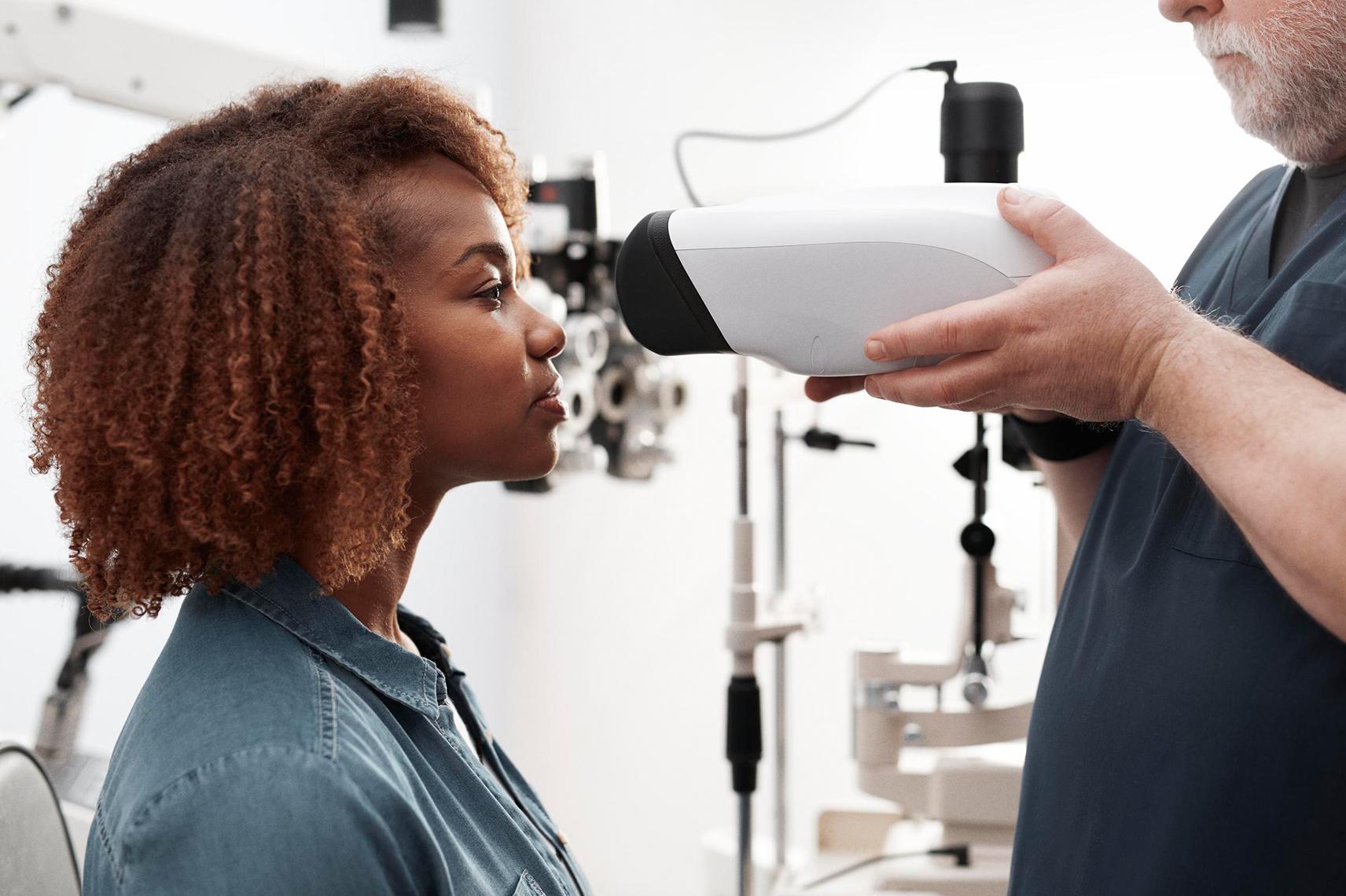close
keyboard_arrow_left
Solutions
close
keyboard_arrow_left
Products
close
Quick Links
-
Smart Beds, Beds and Surfaces keyboard_arrow_right
-
Patient Monitoring keyboard_arrow_right
-
Care Communications keyboard_arrow_right
-
Safe Patient Handling & Mobility keyboard_arrow_right
-
Healthcare Furniture keyboard_arrow_right
-
Non-Invasive Respiratory Therapy keyboard_arrow_right
-
Surgical Workflow keyboard_arrow_right
-
Precision Positioning keyboard_arrow_right
-
Procedural Connectivity keyboard_arrow_right
-
Diagnostic Cardiology keyboard_arrow_right
-
Physical Exam & Diagnostics keyboard_arrow_right
-
Vision Screening & Diagnostics keyboard_arrow_right
-
View All
Physical Exam & Diagnostics
See All
- Thermometry
- Blood Pressure Cuffs
- Blood Pressure Measurement
- Physical Exam Systems
- Ear Examination
- Eye Examination
- Hearing Screening
- Nose & Throat
- Physical Exam Sets
- Power Handles
- Stethoscopes
- Scales
- Procedural Lighting
- Women's Health
- Endoscopic Exams
- Veterinary
keyboard_arrow_left
Services
close
keyboard_arrow_left
Knowledge
close
- Advancing Connected Care
- Education and Evidence
- Article
- Diabetic Retinal Exam FAQs





